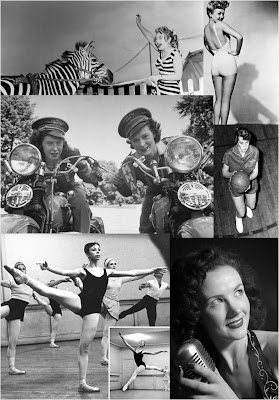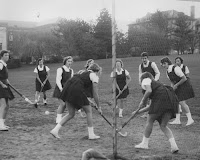
Let’s admit it – we all love a good wedding. In Cyprus, though, our big fat Greek weddings are anything but enjoyable. Standing in a sweaty queue, dressed to the nines in my vintage kitten heels, just to exchange an envelope full of money for a piece of crusty cake isn’t my idea of a great wedding bash. The best wedding ‘do’s’ I’ve ever been to have been in London, Ireland and Italy, but even there, other people’s wedded bliss doesn’t come cheap. And according to a friend of mine who is single and therefore a popular ‘wedding guest’, other people’s matrimony can damage your savings account quite severely.
Weddings in England have become a lot more than somewhere where you don your best outfit and shimmy to crap pop music with utter impunity. Marriage is certainly back in vogue, with experts claiming the rush of celebrities tying the knot has convinced young couples that marriage is cool. But the downside to all of this is that weddings are an expensive business – and these days not just for the happy couple, either. Everything from the hen party to the bash itself has become a lavish production for which guests are also expected to fork out. An evening reception at the local golf club is now a four-day stay at a Scottish castle, a John Lewis kettle is now a Le Creuset casserole dish, and an M&S shift dress is now a Marc Jacobs frock.
Take the hen do. Forget the good old-fashioned piss-up in a nightclub. Even in London they have now become weekend breaks in manor houses, and New York shopping sprees and European city breaks are also ‘de rigueur’. Forget cheap flights – think about the cost of the hotel and the fact that you’ll spend your precious weekend trapped with a bunch of hens with whom you may not have anything in common, especially their 80k salaries. Keeping up with the City high fliers or aristo toffs is no joke when drinking and dining ‘en masse’ in London.
Then there are the wedding lists. One friend desperately scanned a particularly highfalutin list only to find the cheapest pressie was 68 quid for a serving spoon! Even having a starring role in the wedding can be a backhanded privilege. Ellen, a friend of mine in London, recently was looking forward to her American debut as a bridesmaid. Then she discovered that her Vera Wang ensemble was going to set her back 320 pounds – and that was after she paid for her return flight to Charleston, South Carolina. Particularly galling when you consider that it’s unlikely that she’ll have much reason to wear an organza wrap, silver faille bustier and ankle-length A-line skirt again in the near future (unless she wears it to her own wedding when she finally finds a husband...).
Meanwhile, there’s the fact that the Big Day can actually turn into a Big Week. Her Charleston experience apparently started with an Oyster Roast plus steel band and fireworks display. This was followed by a formal rehearsal dinner for 100, then the beach day with the wedding ceremony, grand buffet and live band in the evening. The finale was a prawns ’n grits Sunday brunch! Even in Britain, what was once a day out is now at least two nights away in a B&B. Whatever happened to Gretna Green? I complain about the cake and envelope dos in Cyprus, but judging by Ellen’s stories she’s become a full-blown wedding tourist. Travelling miles for love: other people’s, that is.
Despite all this complaining, I have to admit that I get invited to lots of weddings too (a few too many, judging by my empty bank account). I get invited to lots here (which I rarely go to as they are a complete farce) and in London, which is weird, considering that my recurring conversation-halting mix-up is to refer to weddings as funerals. As in ‘I had so much fun dancing to Abba at Uncle Tom’s funeral.’ Freudian, or what?
Mind you, there are similarities between the two. As with funerals, you can’t refuse a wedding invitation. Like Six Feet Under, they’re both essential viewing. No-shows are a no-no. This seems to me the only advantage of getting wed – I mean, how often do you actually succeed in gathering ALL your friends in one place to celebrate YOU? Next time it happens they’ll be dribbling sherry and you’ll be dead. I myself almost faked a wedding just to get a full house for my 21st, though in the end I settled for something close to pretty normal and I ended celebrating on my own in a hotel in the Carribbean (that's another story)...
The good news is that in London, and I hope that the Mediterraneans will follow suit soon, the big wedding backlash seems to have started and the new cool thing is to eschew the super-hyped bonanzas in favour of heartfelt lo-fi dos. I recently attended a ‘back to basics’ affair in a room above a pub which was great, and the sentiments were just as moving as those at a big bash. But the truth is, since I have sworn I would never do it again myself, I prefer to be a bystander at the more spectacular affairs – money aside. It’s rather like being a football fan, in that you don’t have to play the game to love it.















